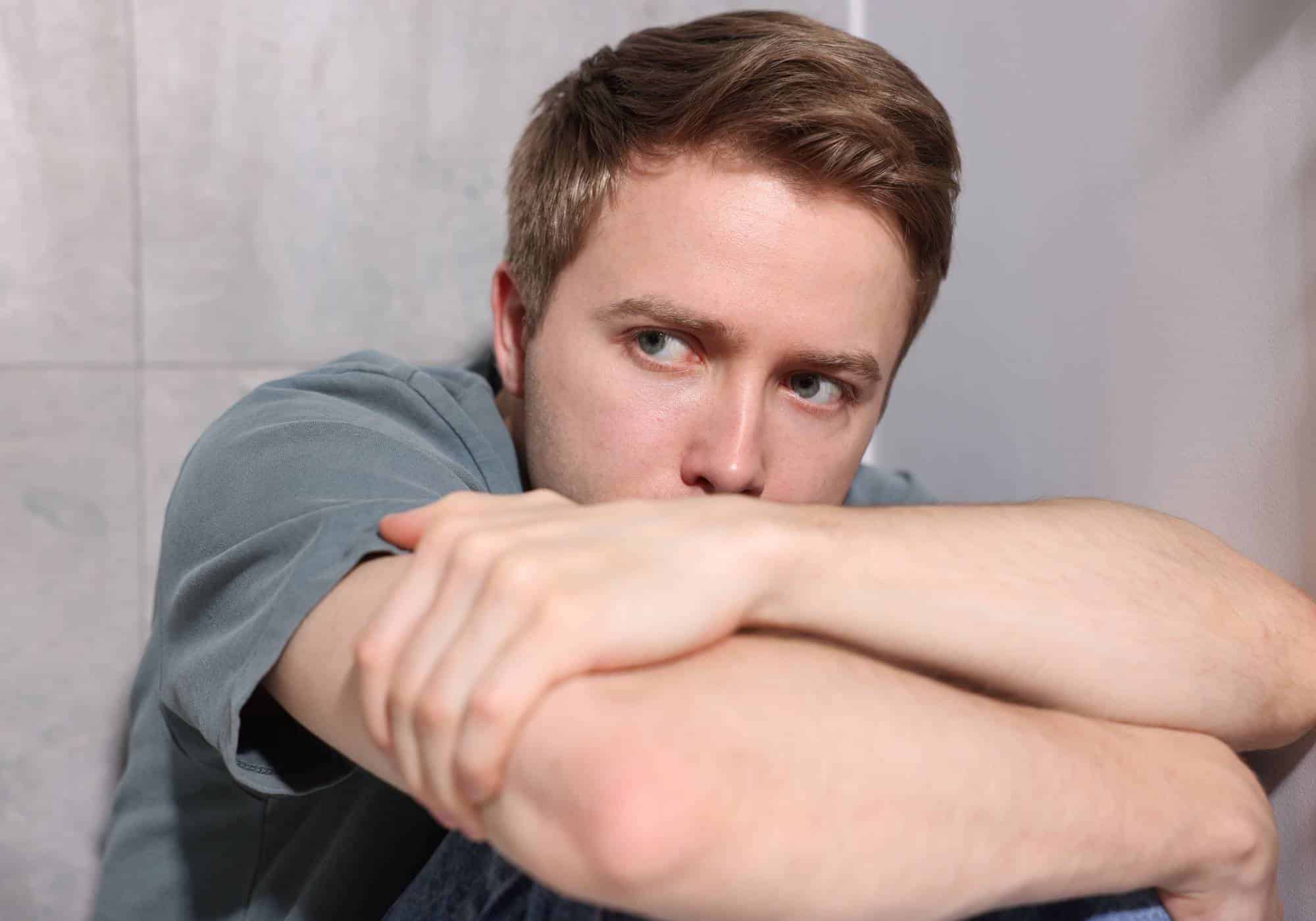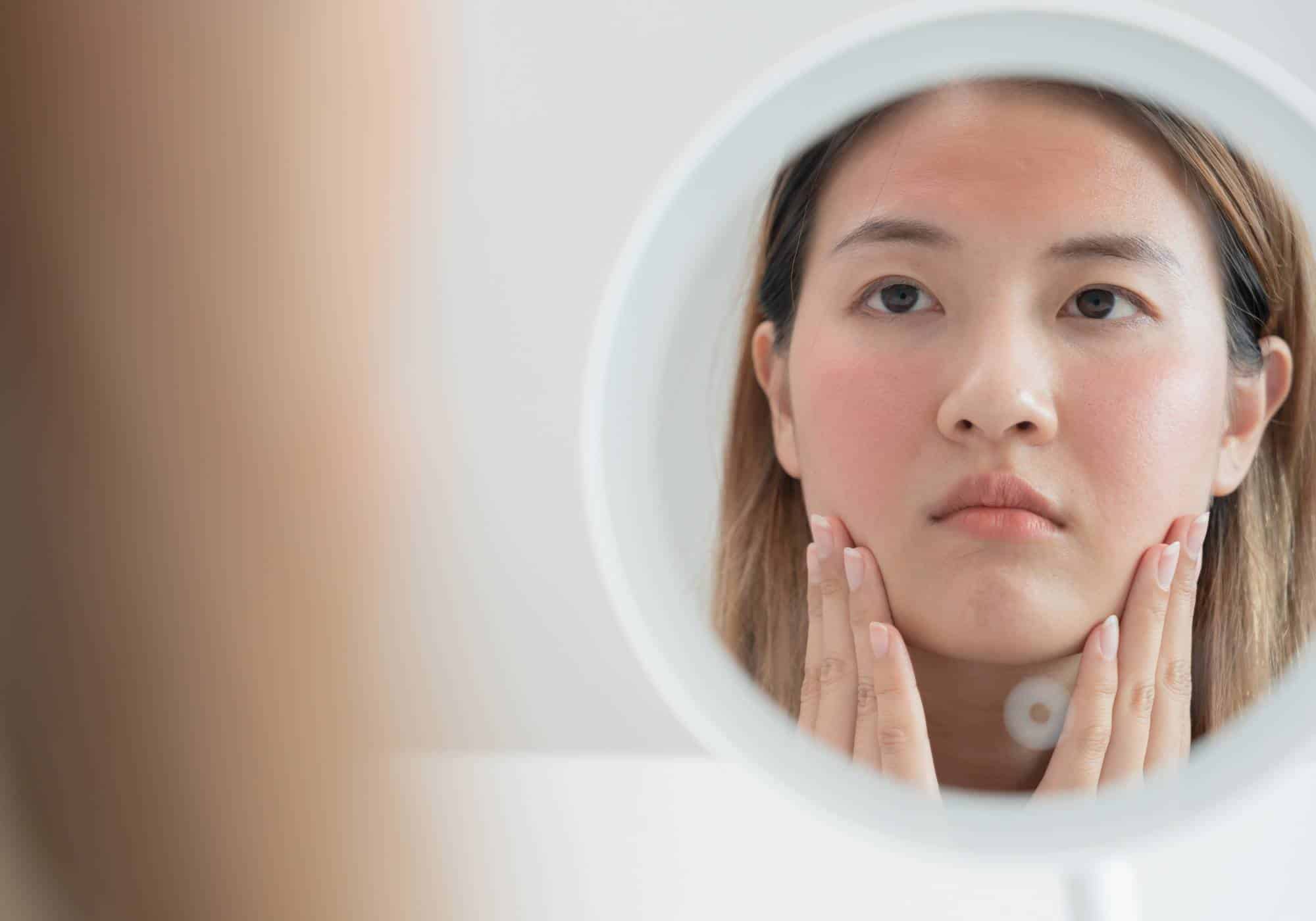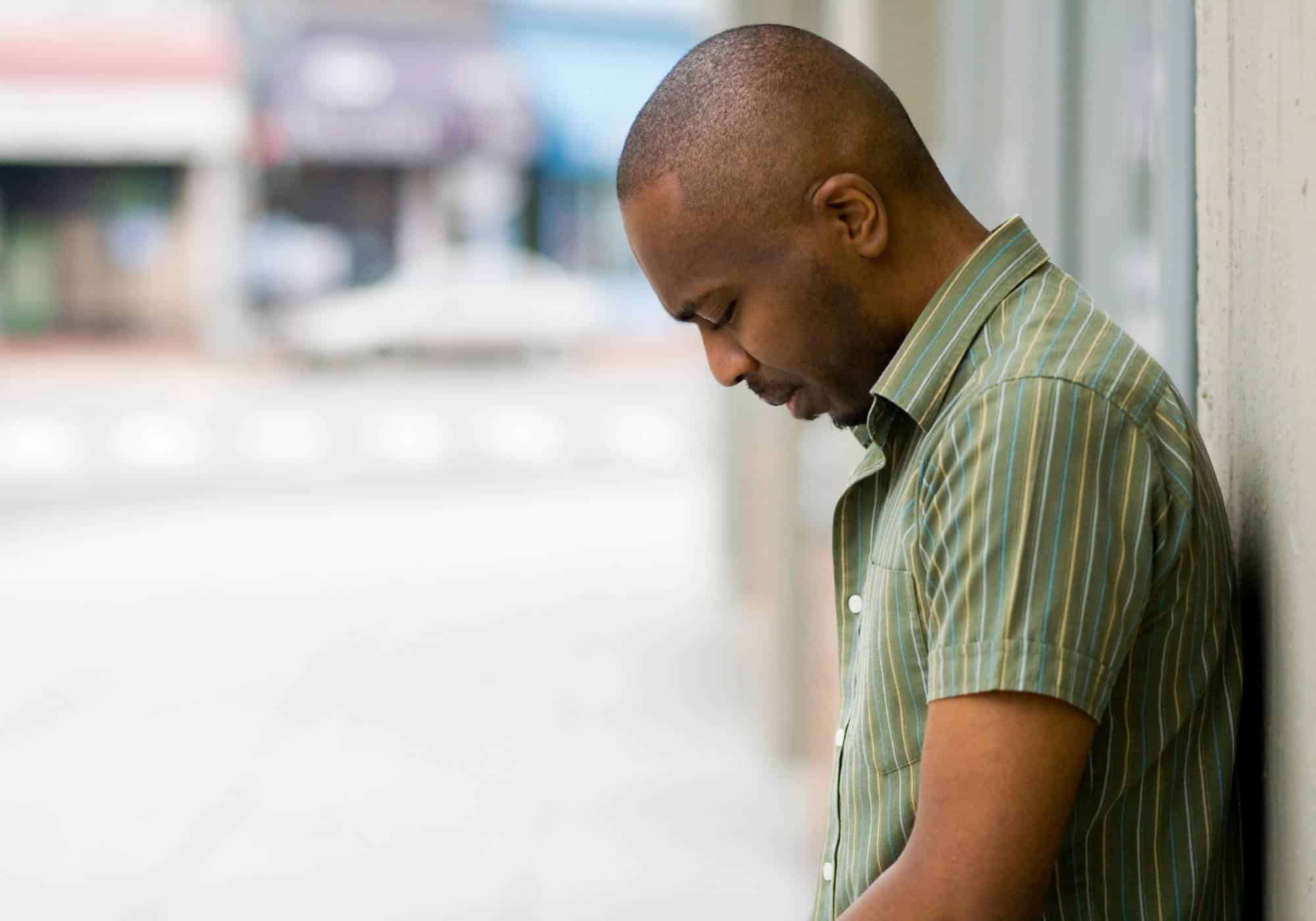Most people dislike the feeling of rejection. Whether it’s being ghosted by a romantic match, passed over for a promotion, or missing out on a friend gathering, it stings. But for individuals with rejection sensitive dysphoria (RSD), these moments hurt on a whole other level. They don’t just feel disappointed — they feel an intense emotional pain that can be similar to a physical wound.
People with RSD might also think they’re being rejected, even when it’s not the case. Since they experience so much hurt at the thought of someone disliking or disapproving of them, they might avoid dating, social events, or new experiences if there’s any possibility of falling short or failing. This fear-based decision-making can limit opportunities for growth or connection.
In the sections below, we’ll break down what rejection sensitive dysphoria means, how it’s different from ordinary rejection sensitivity, and why it’s closely associated with conditions like ADHD. You’ll also learn how it’s evaluated, plus tips for managing extreme responses to rejection. If you think you need help to cope with intense sensitivity or want professional guidance, outpatient mental health treatment in Atlanta, GA can be an option at Hooked on Hope Mental Health. Call us at the end if you’re ready to speak with someone.
What Is Rejection Sensitive Dysphoria (RSD)?
Rejection sensitive dysphoria is an intense emotional reaction to real or perceived rejection. The term “dysphoria” traces back to Greek, describing powerful mental or emotional discomfort. While RSD isn’t formally recognized as a separate diagnosis in medical manuals, professionals often mention it in relation to other conditions, especially ADHD.
People with RSD have a really hard time dealing with anything that seems like rejection, whether it’s a negative review at work or a casual comment they interpret as criticism. Even small signals, like a neutral facial expression or a short text reply, can seem like a deliberate snub. Because of this, they might withdraw from social activities, romantic relationships, or career opportunities just to avoid facing possible rejection or judgment.
What’s the Difference Between Rejection Sensitivity and Rejection Sensitive Dysphoria?
RSD and standard rejection sensitivity overlap in some ways, but they aren’t exactly the same. In both cases, a person expects or experiences rejection and struggles to handle the emotional fallout. However, RSD amplifies these emotions so powerfully that they become overwhelming or unbearable. In essence, rejection sensitivity leads to anxiety and overreactions, while RSD takes that distress to an even greater intensity.
What Is Emotional Dysregulation?
Emotional dysregulation occurs when the brain fails to keep emotional signals within “normal” limits. Think of it like a volume knob on a TV: Instead of being able to adjust to a comfortable volume, the dial is stuck too high. Minor stressors can lead to major meltdowns because the person can’t tune down emotional input.
Emotional dysregulation is at the root of both rejection sensitivity and RSD, but RSD involves additional pain or discomfort that can feel as extreme as physical agony. Where standard rejection sensitivity might cause someone to vent frustration or sadness, RSD can prompt a deeper despair, frustration, or sense of being personally attacked.
Symptoms of Rejection Sensitive Dysphoria
Most people feel hurt by rejection, but those with RSD show a reaction that’s significantly bigger or longer lasting than what’s typical.
Not everyone experiences RSD the same way, yet common symptoms include:
- Chronically Low Self-Esteem: They might feel worthless or incompetent after even minor negative feedback.
- Big Emotional Outbursts: Anger or tears may surface quickly after a setback, which can appear out of proportion.
- Sudden Mood Dips: They could slide into depression-like symptoms or intense anxiety for days.
- Avoidance of Potential Failure: Because the pain of rejection is so severe, they might avoid anything that could go wrong, from job interviews to new social activities.
- People-Pleasing: Some will do almost anything to avoid displeasing others, which can lead to exhaustion and resentment.
- Anxiety Around Authority: They may be terrified of bosses, teachers, or parents, worrying these figures might condemn or reject them.
- Perfectionism: Attempting to overcompensate for perceived shortcomings, they might aim for flawless performance in everything.
- Isolation: The fear of rejection can cause them to withdraw, skipping parties, phone calls, or gatherings.
- Social Insecurity: Even around friends, they can worry about being judged or disliked.
It’s crucial to recognize that feeling bad about rejection is normal. But RSD can involve repeated, outsized, or enduring emotional discomfort that disrupts daily life. Because RSD itself isn’t an official diagnosis, professionals often examine whether the person also has ADHD, an anxiety disorder, or a history of traumatic experiences.
RSD vs. Rejection Sensitivity
Though the two ideas are related, RSD typically involves a stronger wave of intense distress compared to basic rejection sensitivity. Dysphoria conveys more than just sadness; it’s nearly the opposite of euphoria — a deeply negative mood that’s hard to separate from reality in the moment. Those facing RSD can find it difficult to set aside how they feel and be logical about what’s going on. Meanwhile, “plain” rejection sensitivity can still spark big emotional reactions but often remains somewhat within the person’s control. RSD can lead to a meltdown, with both emotional dysregulation and confusion about whether the rejection is even real.
The Link Between ADHD and RSD
Neurodivergent populations—especially those with ADHD or autism—have a higher likelihood of dealing with RSD. Why? Because RSD seems tied to neurological differences in emotional regulation, often observed in ADHD. The frontal lobe, which manages social skills, impulse regulation, and language, functions a bit differently in people with ADHD. This can make them more prone to misreading social situations and feeling intense embarrassment or guilt. Over time, repeated experiences of misunderstanding or perceived failure can build fear and anxiety around any potential social miscue.
Children with ADHD, for instance, might be corrected or disciplined more often for hyperactivity or impulsivity. They might also be teased or excluded by peers. Repetitive experiences of negativity from others can produce deep-seated caution, a desire to steer clear of new or uncertain interactions, and a strong emotional reaction whenever there’s a hint of criticism. As they become adults, RSD can remain an undercurrent that affects relationships and job performance.
What Causes Rejection Sensitive Dysphoria?
RSD is a phenomenon experts are still studying, so there isn’t a single confirmed cause. However, it likely arises from a mixture of neurological and environmental factors. Brain imaging shows that social rejection triggers activity in the same regions as physical pain. Meanwhile, people with ADHD often show differences in how their brain filters emotional signals, meaning they might be particularly defenseless against the sting of negative feedback.
Other factors could include:
- Traumatic Experiences: Bullying, abuse, or repeated failures can set the stage for strong fear of rejection.
- Inherited Traits: ADHD has a strong genetic component, suggesting RSD might also appear more in families with ADHD.
- Learned Behavior: Observing or inheriting anxious or perfectionistic traits can intensify anxiety about letting people down.
While more studies are needed, mental health professionals suspect the wiring of an ADHD brain can make it tough to manage intense emotions like fear and shame, setting the foundation for RSD’s hallmark reactions.
How Is Rejection Sensitive Dysphoria Diagnosed?
RSD isn’t formally recognized as its own medical disorder. There’s no standard checklist in diagnostic manuals—like the DSM-5—for RSD alone. Consequently, many clinicians don’t automatically look for it, and they might view the symptoms as part of another issue, like anxiety, depression, or borderline personality traits.
Often, a mental health provider’s suspicion of RSD arises when a patient with ADHD or strong rejection fear describes symptoms like:
- Overwhelming anguish at negative feedback
- A sense of “emotional meltdown” after small critical remarks
- Avoiding daily tasks or interactions for fear of looking foolish
- Frequent misinterpretation of neutral comments as negative
If you think RSD might be relevant, discussing these feelings with a therapist or psychiatrist can help. They’ll probably assess for co-occurring disorders, including ADHD or mood imbalances, and then decide if RSD-based coping strategies are appropriate.
How to Manage Rejection Sensitivity and RSD
Whether you’ve been dealing with RSD or just recognize that you’re sensitive to rejection, the following tips might help you control emotional upheavals and self-doubt:
1. Pause Before Reacting
Though it takes practice, pausing before reacting can keep your emotions from skyrocketing. If you can, step away from a tense situation, count to 10, or take a few deep breaths. This gives your brain a moment to figure out if someone’s comment really meant what you think it did. You might realize you’re assuming the worst or you can ask clarifying questions instead of jumping to conclusions.
2. Reduce Stress in Your Everyday Life
Constant stress or anxiety intensifies your emotional vulnerability. Look for ways to lower your overall stress—like delegating tasks, setting realistic goals, or planning short breaks in your day. Physical pursuits such as walks, yoga, or stretching can also burn off tension. By managing day-to-day stress better, you leave less fuel for emotional fires to rage out of control.
3. Be Compassionate With Yourself
You’re not alone in hating rejection. Everyone experiences it. But if you have RSD, those feelings can feel much sharper. Practice talking to yourself like you would a close friend. Remind yourself that mistakes or setbacks don’t define your worth, and that even if you’re not perfect, you’re still valued. Over time, this mindset can reduce the intensity of negative emotions.
4. Regulate Your Nervous System
When fear of rejection flares, your body can shift into “fight or flight” mode. Strategies like slow breathing, meditation, or a quick mental check—like naming things you see, hear, or smell—can help calm that response. Even five minutes of mindful breathwork might keep you from spiraling into panic. Over time, building a routine around these relaxation methods can bolster your emotional resilience.
5. Embrace Your Sensitivity
Often, sensitivity is painted as a flaw, but it can be a strength. People who sense rejection acutely might also be highly empathetic or creative. If you understand your emotional range, you can channel it in helpful ways, like forming deeper friendships or producing meaningful art. Don’t let the fear of getting hurt overshadow the unique positives your sensitivity can bring to your life and relationships.
How Is Rejection Sensitive Dysphoria Treated?
Though RSD isn’t an official diagnosis on its own, effective treatments can still address its core challenges. In many instances, the approach also targets conditions such as ADHD, anxiety, or mood disorders that underlie or amplify RSD. Some forms of support you might see include:
Therapy
- Cognitive Behavioral Therapy (CBT): This structured therapy spotlights negative thought patterns (like self-critical or catastrophic thinking) and guides you toward healthier replacements. If you automatically interpret a co-worker’s short email as disdain, CBT can help you see alternative explanations.
- Dialectical Behavioral Therapy (DBT): Originally created for borderline personality disorder, DBT also helps people handle intense emotions. You practice skills such as mindfulness, distress tolerance, and emotional regulation.
- Exposure Therapy: Typically used for anxiety or phobias, some providers adapt it to help you face small triggers of rejection in safe steps, learning you can survive the discomfort.
Medication
No magic pill can “cure” RSD specifically. Yet if you have ADHD or severe mood disruptions, doctors might prescribe stimulants or antidepressants. By controlling those conditions, you might indirectly lessen RSD’s impact. Also, anxiety meds or mood stabilizers, used briefly, can reduce general emotional overload. Always talk to your provider before starting or stopping medication.
Mental Health Treatment Programs
If RSD or rejection sensitivity occurs alongside bigger challenges—like trauma, chronic depression, or personality disorders—joining a structured mental health treatment program may help. Outpatient mental health treatment in Atlanta at Hooked on Hope Mental Health might work best if you need consistent therapeutic support but also want to maintain daily responsibilities. This setting can combine several treatment styles, from therapy to medication management. By focusing on the root causes, you gain self-awareness and coping strategies that keep emotional storms more manageable.
RSD Treatment in Atlanta, GA at Hooked on Hope Mental Health
Rejection is part of life, but it doesn’t have to hurt so deeply that you close yourself off from opportunities and relationships. If rejection sensitivity dysphoria is making every “no” feel devastating, professional care can guide you toward better coping skills and emotional stability. Hooked on Hope Mental Health in Atlanta, GA, is here for you with options like outpatient mental health treatment in Atlanta. Call us today at 470-287-1927 or via our online contact form to explore how we can help you rediscover balance and move forward with greater confidence.








